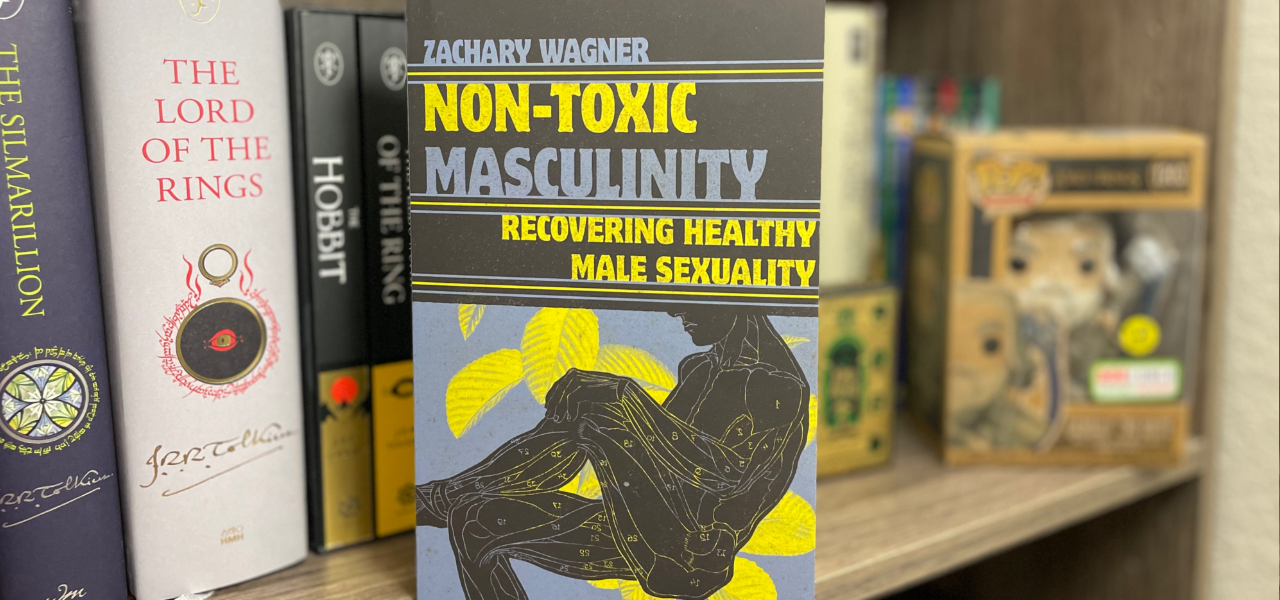Battling Our Mind Part One

How often do you think about your thinking? Do you control your mind or does your mind control you?
How The Mind Works
God has given the human brain the amazing ability to reorganize itself by forming new connections between brain cells or neurons. For adults, this happens whenever something new is learned and memorized. 1 Every time we learn something new our brain forms new connections and neurons and makes existing neural pathways stronger or weaker. 2 Neural pathways are the paths your brain takes to find what it has learned.
All of us have had that experience when we couldn’t remember something that we were sure we knew, only to remember it hours later. That’s because the neural pathway to that information was weak and it took your brain a while to find it. If we don’t do anything with that information, those neurons eventually fade out of existence. You don’t use it, you lose it.
When we legitimately forget something, the neuron that stored that information faded out of existence. Conversely, all of us have things about which we know a lot about and we could instantly rattle off facts and information about. That’s because we have a strong neural pathway to that information and our brain knows exactly where to find it. That’s because we either think about it a lot, or we use that information a lot.
Renewing Our Minds
So when the Bible tells us to renew our minds, it is telling us to re-write our brains with the truths of scripture so that we can live in light of what we see in the Bible. And as we by faith live out the Word of God those neural pathways in our brain become stronger and stronger. Our actions reinforce our thinking. And the neural pathways that lead to worry, or sin, or fear, grow weaker and weaker.
Change in life happens as we by faith control and shape our minds with the grace of God. Look at Romans 12.
Romans 12:2 Do not be conformed to this age, but be transformed by the renewing of your mind, so that you may discern what is the good, pleasing, and perfect will of God.
We could look at Scripture after Scripture that tells us to be intentional with our thinking. The difficulty is, most of us work with the assumption that our thinking is something that just happens to us. You’re thinking isn’t something that happens to you. It is something that you choose. We see this in Romans 8.
Romans 8:5-6 For those who live according to the flesh have their minds set on the things of the flesh, but those who live according to the Spirit have their minds set on the things of the Spirit. Now the mind-set of the flesh is death, but the mind-set of the Spirit is life and peace.
So what we see in Romans is that we can choose what we set our minds on. We are in control of our thinking and not vice versa. The first step in doing is to….
Identify Faulty Thinking
To identify our faulty thinking let’s reverse engineer our behavior. Think about this question. Does your life continually reflect the Spirit or does your life continually give in to the flesh? Maybe not in every area, maybe in one area.
Let me give you a personal example. In a recent post I talked about my insecurities as a dad. Let’s look at that insecurity a bit more analytically to evaluate the thinking that plays into it. I often feel very unequipped to be a good dad. Because I don’t feel equipped to be a good dad, I sometimes disengage from my children. If I believe I don’t have what it takes to be a good dad my behavior is going to follow that thinking and I wind up not parenting them well. It’s caused me to take my kid’s childish behavior personally and respond in frustration instead of grace. So by analizying my behavior, I can idenitify my faulty thinking. The faulty thinking that I wrestle with is:
“I’m not equipped to be a good dad, because I didn’t have a good dad.”
Destroy The Lies
Lies drive our sinful behavior. If there is an area of your life that needs transforming it’s helpful to identify that faulty thinking in that area. We don’t do this in order to dwell on it, but to demolish it.
2 Corinthians 10:4-5 since the weapons of our warfare are not of the flesh, but are powerful through God for the demolition of strongholds. We demolish arguments and every proud thing that is raised up against the knowledge of God, and we take every thought captive to obey Christ.
Faulty thinking is what drive sinful behavior. We need to indentify the bad thinking so we can demolish that argument and take it captive. We need to go full on Chip Gaines on demo day on the lies we believe. Now, the language in these verses indicate that this is hard. It is often hard to identify the lie.
I would recommend doing this with a trusted friend who knows you deeply. Or doing this with a councelor who will tell you the truth. This is why I am such a proponent of counseling. It gives you the time, space, and help that is needed to identify the lies that often get engrained in us from a young age.
Once the faulty thinking is identified it’s sometimes even harder to come to grips with the fact that we have been believing it. The faulty thinking get’s so engrained into us that the neural pathway in our mind has become a superhighway of faulty thinking with all these “off ramps” into behaviors that we want to see changed.
Scripture Is The Filter
Another way to identify faulty thinking is by using Philippians 4:8 as the standard for our thinking.
Philippians 4:8 Finally brothers and sisters, whatever is true , whatever is honorable , whatever is just , whatever is pure , whatever is lovely , whatever is commendable — if there is any moral excellence and if there is anything praiseworthy — dwell on these things.
If it’s not true, honorable, just, pure, lovely, commendable, morally excellent, or praiseworthy it does not belong in our mind and therefore it’s a thought that needs to be demolished and taken captive. In our next post we will talk about what to do once we have identified our faulty thinking.
It would be great to connect with you on Facebook or Instagram. I also wrote a book ! If you subscribe to my weekly newsletter, I will send you the digital version for free.
The post Battling Our Mind Part One appeared first on Thriving In Exile.




